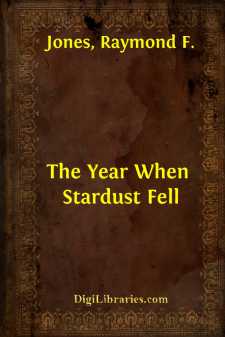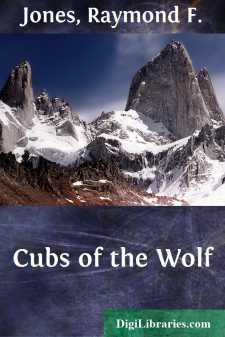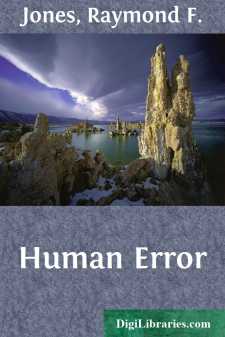Categories
- Antiques & Collectibles 13
- Architecture 36
- Art 48
- Bibles 22
- Biography & Autobiography 813
- Body, Mind & Spirit 142
- Business & Economics 28
- Children's Books 15
- Children's Fiction 12
- Computers 4
- Cooking 94
- Crafts & Hobbies 4
- Drama 346
- Education 46
- Family & Relationships 57
- Fiction 11828
- Games 19
- Gardening 17
- Health & Fitness 34
- History 1377
- House & Home 1
- Humor 147
- Juvenile Fiction 1873
- Juvenile Nonfiction 202
- Language Arts & Disciplines 88
- Law 16
- Literary Collections 686
- Literary Criticism 179
- Mathematics 13
- Medical 41
- Music 40
- Nature 179
- Non-Classifiable 1768
- Performing Arts 7
- Periodicals 1453
- Philosophy 64
- Photography 2
- Poetry 896
- Political Science 203
- Psychology 42
- Reference 154
- Religion 513
- Science 126
- Self-Help 84
- Social Science 81
- Sports & Recreation 34
- Study Aids 3
- Technology & Engineering 59
- Transportation 23
- Travel 463
- True Crime 29
The Year When Stardust Fell
by: Raymond F. Jones
Description:
Excerpt
Of Men of Science
The story of man is the story—endlessly repeated—of a struggle: between light and darkness, between knowledge and ignorance, between good and evil, between men who would build and men who would destroy. It is no more complicated than this.
That light, knowledge, good, and constructive men have had a small edge in this struggle is attested to by our slow rise over the long millennia of time. In taking stock of our successes, however, it is easy to assume the victory has been won. Nothing could be further from the truth. This is a contest that is never ended, nor can it be, as long as men are upon the Earth.
While man has free choice, the elements of darkness, ignorance, evil and destruction are available for him to choose, and there are times when these seem the best alternatives.
At the end of the 18th century one of the greatest minds of all time was destroyed by one stroke of a guillotine blade. The judge who presided at the trial of the great French chemist Lavoisier is reported to have said, "The Republic has no need of men of science."
Choices like this have often been made by the society of man. A turnoff to darkness has been deliberately taken, superstition has been embraced while knowledge has been destroyed.
When times are placid we assume such choices could result only from some great insanity; that the men who made them had themselves known more pleasant days. The truth is that there are extremes of circumstance which could force almost any man to abandon that which he has always held to be right and good, and only the very giants could stand up and prove themselves unmoved.
Such giants may seem, in ordinary life, rather obscure. Illustrating this are the people in this story: a somewhat pompous little mayor; a professor of chemistry in a small-town college in the mountain west; a minister of the gospel, who would be lost with a big-city congregation; a sheriff who doesn't care what happens to him personally as long as he sticks to the kind of rightness that has always worked; and a high-school boy who learns what it means to do a man's work.
Such people are important, the most important people alive today. They are the ones whose hands hold all that our culture has achieved when catastrophe overtakes us.
The illusion of security is a vicious one. With physical comforts around us, the abyss that is just beyond our walls is forgotten: the abyss of outer space, beyond the paper-thin atmosphere shielding us; of the fires in the earth beneath; of the hurricane winds beyond the horizon; of the evil and insanity in the minds of many men.
The caveman dared not forget these abysses, nor the frontiersman, nor the scientist who fought the witch hunters to bring forth a new truth of Nature. But when we believe we are secure we do forget them.
In catastrophe, the most recent achievements of the race are the first to go. When war comes, or mobs attack, or hurricanes strike, our science and our arts are abandoned first. Necessity of survival seems to insist that we cannot fool with things of the mind and of the soul when destruction threatens the body....






